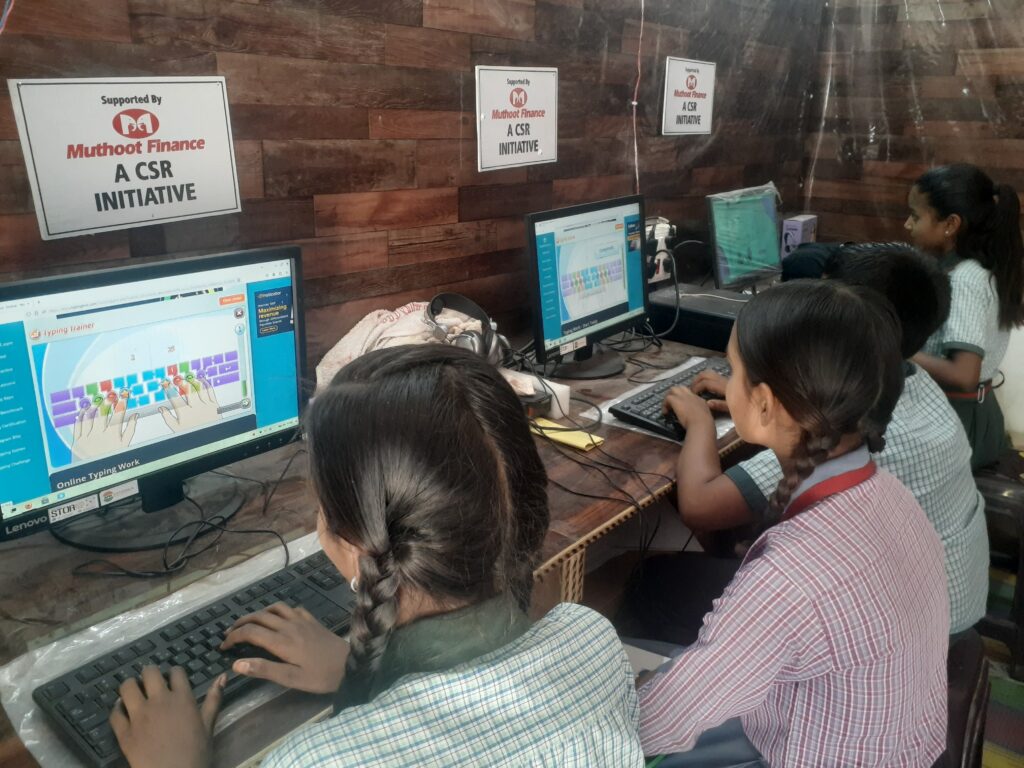Every year, millions of Indian students prepare for high-stakes exams like NEET, JEE, and the Boards. For many families, this means long hours of rote learning, endless tuition classes, and a constant undercurrent of stress. But is this truly what education should look like? Are we helping our children grow—or simply teaching them how to chase marks?
In the following conversation, Dr. Aniruddha Malpani, an education reformer and IVF specialist, speaks with a concerned parent, Mrs. Desai, whose daughter is stuck in the toxic grind of exam preparation. Together, they explore what’s broken in our current system and how we can reimagine assessments using technology and empathy.

Mrs. Desai: Dr. Malpani, my daughter is in Class 11, and the pressure is unbearable. She spends hours mugging up facts for NEET coaching. We barely have any family time. I’m worried. Is this what education has come to?
Dr. Malpani: You’ve voiced a concern that thousands of parents feel but few dare to question openly, Mrs. Desai. The sad reality is that our current exam system is completely broken.
Mrs. Desai: Broken? That’s a strong word. But I must agree, exams seem to only test memory. My daughter can recite definitions and formulas, but does she really understand them? I’m not so sure.
Dr. Malpani: Exactly! Today’s exams mostly reward rote learning and mechanical reproduction of facts. They barely assess genuine understanding, creativity, critical thinking, or problem-solving skills—the abilities that truly matter in life.
Mrs. Desai: And the fear of failure is constant. It’s like a sword hanging over her head.
Dr. Malpani: Unfortunately, high-stakes centralized exams like the Boards, NEET, and JEE have turned into an industry of anxiety. Even worse, the system has bred a parallel economy of commercial coaching centers—like PhysicsWallah, Aakash, and the rest—where students and parents are forced to pay hefty fees just to survive in this ruthless race.
Mrs. Desai: I’ve spent lakhs on tuitions just so she can crack MCQs. But honestly, what’s the point? Where in real life do you get rewarded for filling circles on an OMR sheet?
Dr. Malpani: You’ve hit the nail on the head. This obsession with MCQs teaches kids how to “game” an exam system, not how to become lifelong learners or innovative thinkers. Students spend the most energetic and curious years of their life chasing marks—learning how to swot, not how to learn.
Mrs. Desai: So what’s the alternative? We can’t just abolish exams, can we?
Dr. Malpani: No, exams are necessary to assess learning. But we desperately need to reinvent them. Technology gives us a unique opportunity to do just that. Imagine a future where every student has access to a digital avatar of an examiner.
Mrs. Desai: A digital examiner? Like a video chatbot?
Dr. Malpani: More like an intelligent tutor-meets-evaluator. Think of it as an examiner who conducts a personalised viva for every student. It listens, questions, challenges, and encourages the student to explain what they know and how they think.
Mrs. Desai: That sounds more human than what my daughter experiences today!
Dr. Malpani: That’s the irony. Technology can actually bring back the personal touch that factory-style exam halls have lost. Each student’s viva can be recorded, so it can be reviewed and reassessed for fairness and consistency. There’s no fear of paper leaks, cheating, or mass coaching scams.
Mrs. Desai: And no more late-night cramming of guidebooks?
Dr. Malpani: Exactly. A good examiner doesn’t just ask for definitions—they ask, “Why do you think this happens?”, “How would you solve this?”, or “What would you do differently?” The student learns while being tested. That’s what true education should be.
Mrs. Desai: But won’t this be too difficult to implement on a large scale?
Dr. Malpani: That’s the beauty of technology. Once we design the framework, digital examiners can scale to reach every student, one student at a time. No more crowded exam halls, no more unfair advantage to those who can afford expensive coaching.
Mrs. Desai: You’re saying the exam itself adapts to the student’s answers?
Dr. Malpani: Yes. It becomes a conversation. If a student explains a concept well, the examiner can probe deeper. If the student struggles, it can gently guide them or suggest additional learning resources. This creates a truly personalised, fair, and constructive evaluation system.
Mrs. Desai: I love that idea. So instead of treating exams as a terrifying “judgment day,” students would treat them as a learning experience?
Dr. Malpani: Absolutely. Exams should not just be a pass/fail filter. They should become milestones where students reflect on their learning journey, get feedback, and grow.
Mrs. Desai: This could change everything! No more leaks, no more cheating, no more factory coaching. But how soon can we get there?
Dr. Malpani: The technology exists. What we need now is the courage to break free from the old model and start experimenting. We can begin in small community learning pods, microschools, and alternative education setups like ours at Teach to Earn. The future of assessments can be shaped by parents and educators who are willing to lead the change.
Mrs. Desai: I’m convinced. I want my daughter to be evaluated for her skills, not her cramming ability. How can I help start something like this?
Dr. Malpani: Start by reclaiming your child’s learning journey. You don’t have to wait for the government or big institutions. Take matters into your own hands by starting your own digital learning pod. Your children will not get a second chance! Visit www.teachtoearn.in/start-a-teach-to-earn-learning-pod to learn how to begin.
